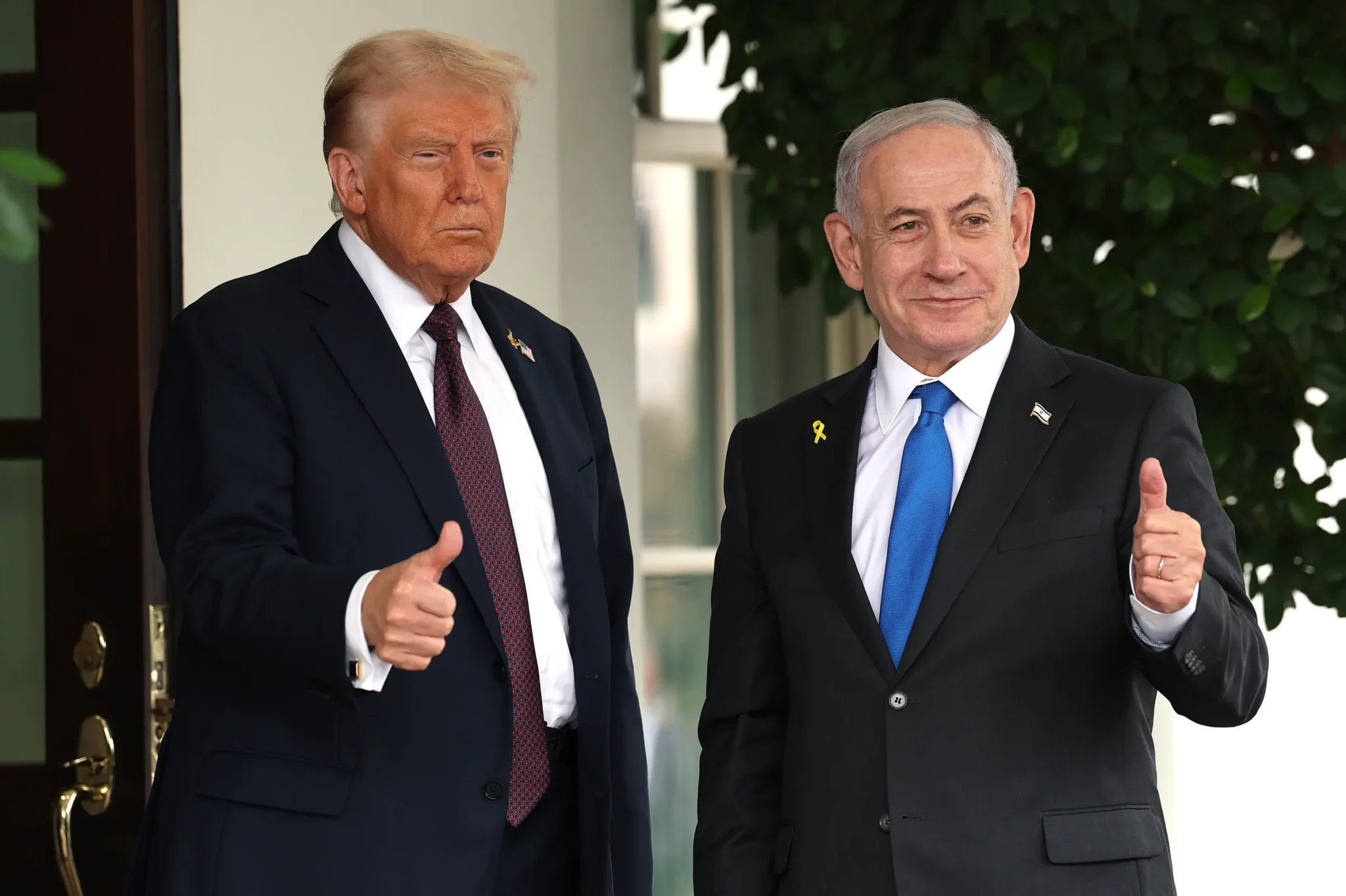Some regimes suffer losses. Others deny them. But Iran and its allies? They elevate them. Welcome to Tehran Syndrome, a proud tradition of declaring glorious victory after every strategic disaster. Why change course when you can just rewrite the ending?
The latest and most dazzling episode came during the Israel-Iran war, where Israel launched direct strikes deep into Iranian territory, reportedly crippling key nuclear facilities. International media buzzed, experts gasped, and even neutral observers acknowledged the blow to Iran’s decades-long nuclear ambitions.
And yet, from Tehran’s podiums came the usual response: “We have won!”
Of course. Nuclear program? Intact in spirit. Military bases? Temporarily rearranged. Civilian unrest? Just passionate nationalism. Tehran Syndrome at its finest, when reality gets vaporized faster than a uranium centrifuge.
And this isn’t the first case:
- When Qassem Soleimani, Iran’s most celebrated military mastermind, was turned into ash on an Iraqi tarmac in 2020, Tehran didn’t flinch. Instead, they staged a funeral larger than a music festival and declared it a “strategic awakening.”
- When Hassan Nasrallah, the long-time head of Hezbollah, was assassinated in a precision Israeli strike, state media mourned and then quickly pivoted to proclaiming a “symbolic victory” that somehow made his death a blow to the enemy.
- After every Israel-Hamas war, no matter how many tunnels collapsed or leaders were eliminated, the narrative was recycled: “We endured, therefore, we won.”
It’s performance art at this point.
But Tehran Syndrome is more than absurd PR. It’s strategic self-hypnosis, a refusal to acknowledge failure that allows dangerous policies to continue unchecked. Why negotiate when you’re always winning? Why change tactics when martyrdom is just another metric of success?
This is not just propaganda, but a regional delusion that prolongs conflict, undermines diplomacy, and sacrifices reality for mythology. While civilians bear the brunt of real losses, leadership doubles down on fantasy.
In Tehran Syndrome, every drone strike is a message of resistance. Every assassination? A divine promotion. Every destroyed facility? A milestone in “asymmetric warfare.” But there’s one thing it never seems to produce: actual progress.
Because, when you always win, you never have to fix what’s broken.
Disclaimer: This article is meant to be satire and does not purport to represent the views of the organisation.

























